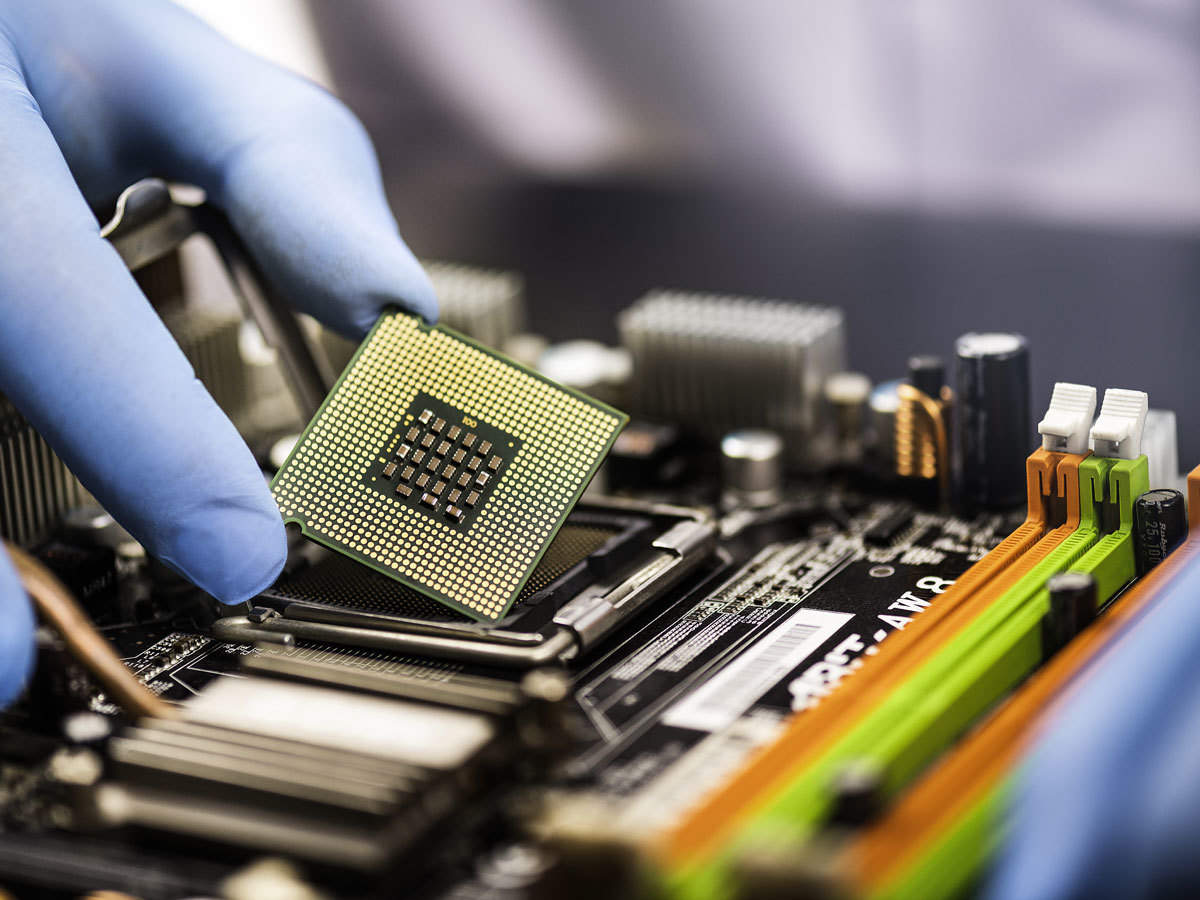1670
0
The global shortage of chips has also affected car manufacturing in China
The shortage of chips has affected car production in China. Carmakers around the world had to reduce or temporarily stop production.

Yazar: Tom Roberts
Yayınlanma: 20 Nisan 2021 06:04
Güncellenme: 2 Mart 2026 22:13
The global shortage of chips has also affected car manufacturing in China
The worldwide shortage of semiconductors has also affected car production in China. This undermines hopes that the world's largest car market could be the engine of the industry's recovery. This was pointed out by managers from the automotive industry at the trade fair in Shanghai Automakers around the world have had to reduce or temporarily stop production due to problems with delayed semiconductor deliveries. The reason is earlier than the expected start of the recovery of the automotive industry from the Covid-19 pandemic, to which chip producers were unable to respond quickly enough. Germany's Volkswagen Group (VW), China's largest carmaker, which hopes to sell more than four million vehicles in the country, said the situation was not improving in the current second quarter. The head of China's VW division, Stephan Wöllenstein, told reporters on Sunday (April 18) that it was difficult to estimate the loss of Volkswagen production in a week or even a month due to a lack of chips. He added that it is like putting out a fire. In some cases, VW changed suppliers and switched to other chips. Jochen Goller, head of BMW's Chinese division, also admitted at the Shanghai exhibition that the lack of chips increases the pressure on deliveries for BMW. However, the luxury car manufacturer has not yet had to reduce production because it is still drawing on stocks. Analysts predict a "big impact" of chip shortages on vehicle manufacturing, especially electric, in the second quarter. China, which sold more than 25 million vehicles last year, has been a source of hope for carmakers, including Volkswagen and General Motors, following the pandemic that hit the car industry hard. But it was in China for the first time last year that there were reports of a shortage of chips. The problem worsened after the March fire at the chip factory of the Japanese company Renesas Electronics. In 2019, McKinsey estimates that supplies to automotive groups accounted for about one-tenth of the $ 429 billion (€ 357.92 billion) global semiconductor market. NXP Semiconductor, Germany's Infineon and Japan's Renesas were key suppliers to the sector. According to the Chinese Association of Automobile Manufacturers, insufficient supply of chips reduced car production in the first two months of this year by about 5% to 8%. They expects the impact to moderate from the third quarter. And the Chinese Automobile Dealers Association expects China's car inventories to decline further and deliveries of some models to be lower than demand.İLGİLİ HABERLER





European stocks soared and focus shifted to German retail sales after Powell's speech!

Forex Signal For TRY/USD: Inflation Slowdown in November.

Forex Signal For GBP/USD: Bullish Trend Still Not Breaking While Recovery Continues.

Forex Signal For EUR/USD: Starry US Data Points to Higher Fed Increases.

Forex Signal For BTC/USD: Downside Continues as Bitcoin Recovery Moves Less.
En Popüler Haberler
Yorum Yap
Yorumlar
Henüz yorum yapan yok! İlk yorumu siz yapın...